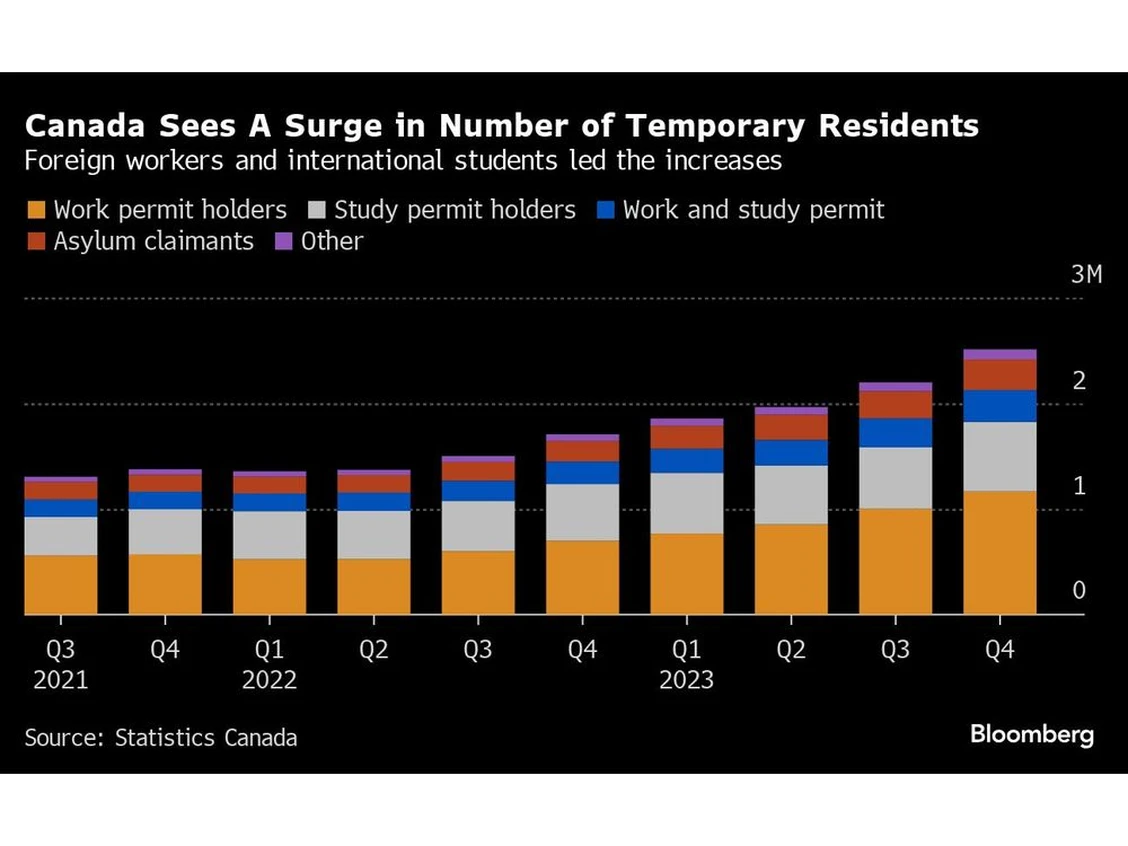
In the bustling city of Toronto, finding an affordable rental property has become a significant challenge for many, reflecting a broader trend that impacts both homebuyers and sellers. A sharp increase in rental costs, fueled by an immigration surge and a strained relationship between landlords and tenants, underscores the city’s deepening affordability crisis.
The Struggle for Affordable Rentals
Toronto’s housing market has witnessed intense competition, especially in the downtown area, where potential renters often face bidding wars. The story of Karim and Joseph, two high school friends in their early thirties, illustrates the daunting task of securing a rental in this market. Despite numerous applications and raised offers, they consistently faced rejection, a testament to the market’s competitive nature.
Ultimately, they succeeded by offering an unprecedented amount—12 months of rent upfront, significantly over the asking price. Their experience is not isolated, as many renters in Toronto encounter similar hurdles, pushing them to extreme measures to secure housing.
The Influence of Immigration and Education
Toronto’s rental market strain is partly attributed to an immigration boom, contributing to the high demand for housing. Additionally, the influx of international students, often reliant on family support abroad, intensifies the competition, as they may lack local financial backing or credit history, prompting them to offer several months’ rent upfront.

The Ripple Effects on Landlords and Tenants
This competitive landscape affects not only renters but also landlords. With rising interest rates and maintenance costs, many landlords now prefer tenants who can offer more substantial upfront payments, viewing it as a risk mitigation strategy. However, this practice heightens the tension between landlords and tenants, with both parties navigating a market fraught with uncertainties and heightened caution.
Market Trends and Future Outlook
The ongoing demand-supply imbalance, exacerbated by low vacancy rates and escalating rental prices, signals a persistent challenge for Toronto’s housing market. As the city grapples with these issues, it becomes clear that addressing the fundamental supply shortage is crucial for stabilizing the market and ensuring affordable housing for all residents.
Conclusion
For homebuyers and sellers in Toronto, understanding these rental market dynamics is vital. Buyers must consider the investment implications in a high-demand, low-supply market, while sellers can leverage the market’s competitiveness to maximize their returns. As Toronto continues to evolve, staying informed and strategic will be key to navigating its dynamic real estate landscape.
Free Buyer Consultation
Equip yourself with the knowledge to navigate the complexities of the 2024 real estate landscape confidently.



